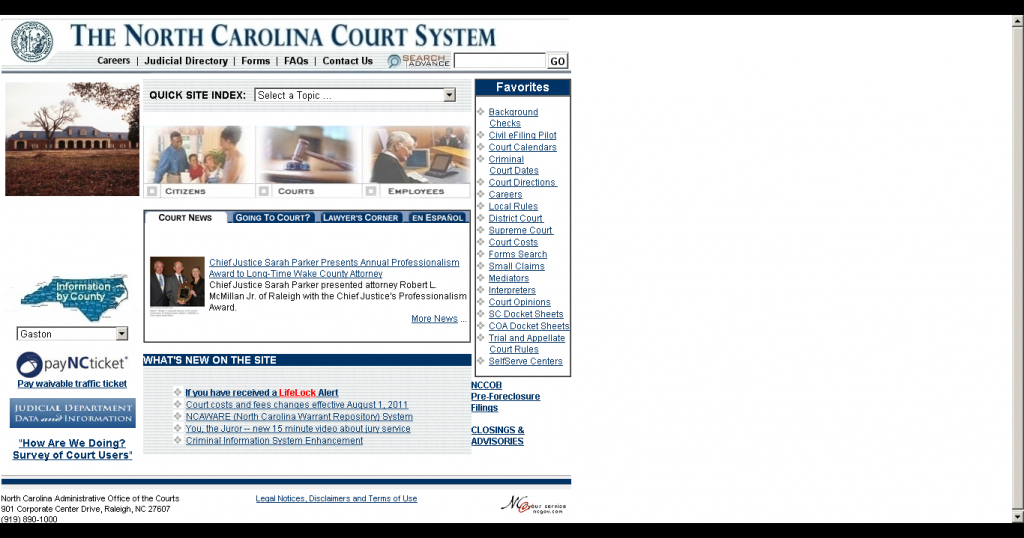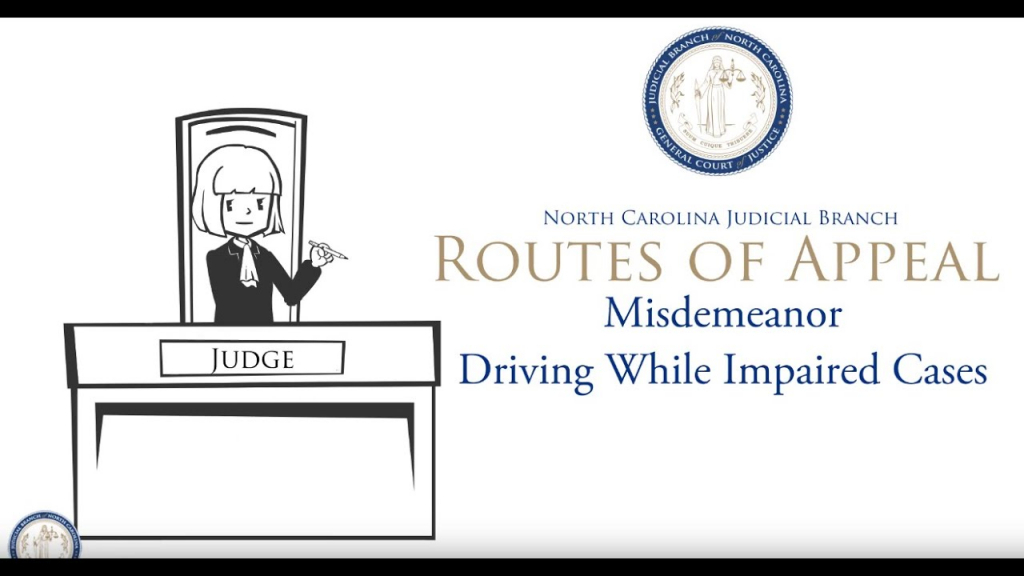Comprehensive Guide To North Carolina Court Dates: Everything You Need To Know
North Carolina court dates play a crucial role in the state's judicial system, impacting residents' lives in various ways. Whether you're dealing with civil disputes, criminal cases, or family law matters, understanding how the court system works is essential. This article provides an in-depth overview of North Carolina court dates, offering practical insights to help you navigate the legal process effectively.
In this digital age, accessing court information has become more convenient than ever. However, the complexity of legal proceedings often leaves individuals confused about what to expect. From scheduling hearings to understanding the implications of missing a court date, this guide ensures you're well-prepared for any court-related situation.
Whether you're an attorney, a defendant, a plaintiff, or simply a concerned citizen, this article covers everything you need to know about North Carolina court dates. By the end, you'll have a comprehensive understanding of the system and how to interact with it efficiently.
Read also:Exploring San Antonio Cps Jobs A Comprehensive Guide To Career Opportunities
Understanding the Importance of North Carolina Court Dates
Court dates in North Carolina are critical to the administration of justice. They represent scheduled times for hearings, trials, and other legal proceedings. Missing a court date can have serious consequences, including warrants for arrest, fines, or even case dismissals. Therefore, it's essential to prioritize these dates and ensure you're well-prepared.
Key Components of Court Dates
North Carolina court dates typically involve several key components:
- Case Type: Understanding whether your case is civil, criminal, family, or juvenile is crucial for determining the appropriate court and procedures.
- Court Location: North Carolina has multiple court districts, and knowing which one handles your case is vital.
- Scheduling: Court dates are scheduled based on the nature of the case, the availability of judges, and other legal factors.
Each of these components plays a significant role in shaping your court experience. By familiarizing yourself with them, you can better anticipate the legal process ahead.
How to Check North Carolina Court Dates
Checking your court date in North Carolina has become easier with the advent of online resources. The state's judicial system offers multiple ways to verify and manage your court dates:
Online Court Services
The North Carolina Judicial Branch provides an online portal where individuals can search for court dates using their case number or other identifying information. This service is available 24/7, making it convenient for anyone needing quick access to their court schedule.
Phone Inquiries
For those who prefer a more direct approach, contacting the clerk of court in your district is an effective way to confirm your court date. They can provide detailed information about your case and answer any questions you might have.
Read also:Dps In Denton Texas Your Comprehensive Guide
Consequences of Missing a North Carolina Court Date
Missing a court date in North Carolina can lead to severe consequences. Depending on the nature of your case, the repercussions may include:
- Bench Warrant: In criminal cases, a judge may issue a warrant for your arrest if you fail to appear in court.
- Default Judgment: In civil cases, the opposing party may receive a default judgment in their favor.
- Fines and Penalties: Some cases may result in financial penalties for failing to attend scheduled hearings.
It's crucial to contact the court immediately if you're unable to attend your scheduled date. In many cases, the court may allow you to reschedule or provide an alternative solution.
Steps to Prepare for Your North Carolina Court Date
Preparation is key to a successful court appearance. Here are some steps to help you get ready:
Gather Necessary Documents
Ensure you have all the required documents for your case. This may include:
- Case files
- Legal correspondence
- Witness statements
- Any evidence supporting your case
Understand Your Rights
Familiarize yourself with your rights under North Carolina law. Knowing your legal standing can empower you to make informed decisions during your court proceedings.
North Carolina Court System Overview
The North Carolina court system consists of three main divisions: the Supreme Court, the Court of Appeals, and the Superior and District Courts. Each division handles specific types of cases, ensuring a structured approach to justice administration.
Superior and District Courts
These courts handle the majority of cases in North Carolina. Superior Courts deal with more serious criminal offenses and civil cases involving larger sums of money, while District Courts handle smaller claims, traffic violations, and family law matters.
Legal Resources for North Carolina Residents
Numerous resources are available to assist North Carolina residents with their legal needs. These include:
Legal Aid Organizations
Legal aid organizations provide free or low-cost legal services to individuals who qualify based on income. They can offer valuable support in navigating the complexities of the court system.
Public Libraries
Many public libraries in North Carolina offer legal resources, including books, online databases, and access to legal professionals who can provide guidance.
Statistical Insights into North Carolina Court Operations
Data from the North Carolina Administrative Office of the Courts reveals fascinating insights into the state's court operations:
- In 2022, over 1 million cases were filed across North Carolina courts.
- The average time to resolve a civil case is approximately six months.
- Criminal cases account for nearly 60% of all filings in the state.
These statistics underscore the importance of efficient court management and the need for individuals to stay informed about their cases.
Expert Tips for Handling Court Dates in North Carolina
Handling court dates effectively requires a combination of preparation, knowledge, and strategy. Here are some expert tips:
- Arrive at least 30 minutes early to avoid delays.
- Dress appropriately for court to show respect for the proceedings.
- Be courteous and respectful to all court personnel.
By following these tips, you can present yourself professionally and increase your chances of a favorable outcome.
Common Misconceptions About North Carolina Court Dates
Many misconceptions surround court dates in North Carolina. For example:
- Believing that missing a court date will not have serious consequences.
- Thinking that all court dates are flexible and can be rescheduled easily.
- Assuming that legal representation is unnecessary for minor cases.
It's important to dispel these myths and approach your court date with the appropriate mindset and preparation.
Conclusion and Call to Action
In conclusion, understanding North Carolina court dates is vital for anyone involved in the state's legal system. By staying informed, preparing adequately, and utilizing available resources, you can navigate the court process with confidence.
We encourage you to share this article with others who may find it helpful. Additionally, if you have questions or need further clarification, feel free to leave a comment below. For more information on North Carolina law, explore our other articles and resources.
Table of Contents
- Understanding the Importance of North Carolina Court Dates
- How to Check North Carolina Court Dates
- Consequences of Missing a North Carolina Court Date
- Steps to Prepare for Your North Carolina Court Date
- North Carolina Court System Overview
- Legal Resources for North Carolina Residents
- Statistical Insights into North Carolina Court Operations
- Expert Tips for Handling Court Dates in North Carolina
- Common Misconceptions About North Carolina Court Dates
- Conclusion and Call to Action


